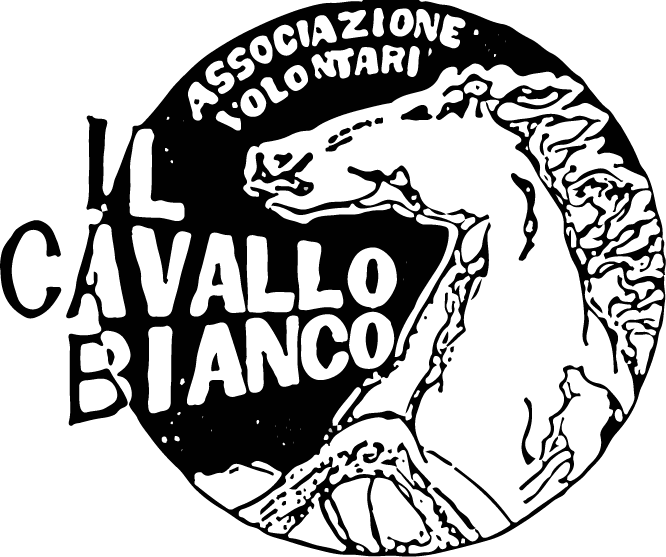Venerdì, 11 marzo 2005
h. 9.33
Che cosa differenzia un Giornale da un Diario? Ciò sembra essere un punto centrale, e mi è stato chiesto di chiarificarlo.
Primo, lo scopo nel cambiare il nome da diario a giornale è differenziare tra gli scritti fino a questo punto e gli scritti futuri; secondo, lo scopo di scritti futuri è aumentare lo standard del contributo dal principalmente personale e soggettivo, al personale, impersonale, soggettivo e oggettivo.
Così, qual’è lo scopo di ? Il primo scopo, immediatamente, è coltivare una pratica del notare.
Nello sviluppare una disciplina di azione effettiva (come il suonare uno strumento musicale in pubblico) un comando importante è questo:
.
Meramente guardando, in sé, cambia ciò che stiamo guardando. Quando noto, il mio guardare diviene vivo: sono distinto da ciò che è visto, ma lo sto vedendo come se fosse per la prima volta. La qualità del guardare si muove dal guardare, l’osservare, il vedere. Vedere è istantaneo. Ove osservare è un’azione che intraprendo, vedere mi si rivela, e in una maniera che io non sono separato da ciò che è visto. Questo è raro, e in un istante, ma conferisce un sapore ed un aroma di ciò che una vita propria dovrebbe essere.
Un’altra maniera di esprimere ciò: lo scopo primario in questo prossimo stadio di giornalismo è sviluppare L’Osservatore, un costruito nella personalità, che diviene un veicolo attraverso il quale chi-siamo può conoscere meglio ed interagire su cosa-siamo.
Il nostro giornale registra ciò che abbiamo notato, se in noi stessi (le nostre sensazioni, sentimenti e/o pensieri); le nostre attività funzionali; e cosa sta capitando nel mondo intorno a noi. Il nostro notare di ambedue, i processi interni e le attività esterne genera un impegno tra le due. A questo punto, qualcosa di più diviene possibile per noi.
Prima che noi possiamo muovere ad azione intenzionale, è necessario conoscere il contesto in cui agiamo, e la nostra capacità. Ciò non è possibile senza notare. Senza notare, quasi tutto che ha luogo nelle nostre vite è accidentale, ad un grado più grande o più piccolo.
Per ora guardiamo e, con grazia, notiamo. Noi riportiamo, nel nostro giornale, ciò che abbiamo notato. Questo notare può generare ripercussioni, sebbene potremmo non esserne coscienti. E, col tempo, sviluppando la nostra pratica del notare, potremmo vedere ripercussioni e conseguenze che ci sono sfuggite un tempo.
selezione e traduzione Antonio De Honestis
___________________________________________________________
friday, 11th march 2005
h. 9.33
What differentiates a Journal from a Diary? This seems to be a central point, and I have been asked to clarify this.
Firstly, the aim in changing the name from diary to journal is to differentiate between the entries to this point and future postings;
Secondly, the aim for future postings is to raise the standard of contribution from the mainly personal & subjective, to the personal, impersonal, subjective & objective.
So, what is the aim of journalising? The prime aim, immediately, is to cultivate a practice of noticing.
In developing a discipline of effective action (such as playing a musical instrument in public) an important injunction is this:
before doing something, do nothing;
while doing nothing, watch with impartiality and without judgement.
Merely watching, by itself, changes what we are watching. When I notice, my watching comes to life: I am distinct from what is being seen, but I am seeing it as if for the first time. The quality of watching moves from looking, to observing, to seeing. Seeing is instantaneous. Whereas observing is an action which I undertake, seeing comes to me, and in such a way that I am not apart from what is being seen. This is rare, and in an instant, but conveys a taste & flavour of what a proper life might be.
Another way of expressing this: the primary aim in this next stage of journal writing is to develop The Observer, a construct in personality, that becomes a vehicle through which who-we-are may better know & act upon what-we-are.
Our journal records what we have noticed, whether in ourselves (our sensing, feeling and/or thinking); our functional activities; and what is occurring in the world around us. Our noticing of both inner processes and external activities brings about an engagement between the two. At this point, something more becomes possible for us.
Before we may move to intentional action, it is necessary to know the context in which we act, and our capacity to act within it. This is not possible without noticing. Without noticing, nearly everything that takes place in our lives is accidental, to a greater or lesser degree.
For now we watch and, with grace, we notice. We report, in our journal, on what we have noticed. This noticing may generate repercussions, although we might not be aware of them. And, over time, as we develop our practice of noticing, we might see repercussions and consequences which escaped us at the time.
